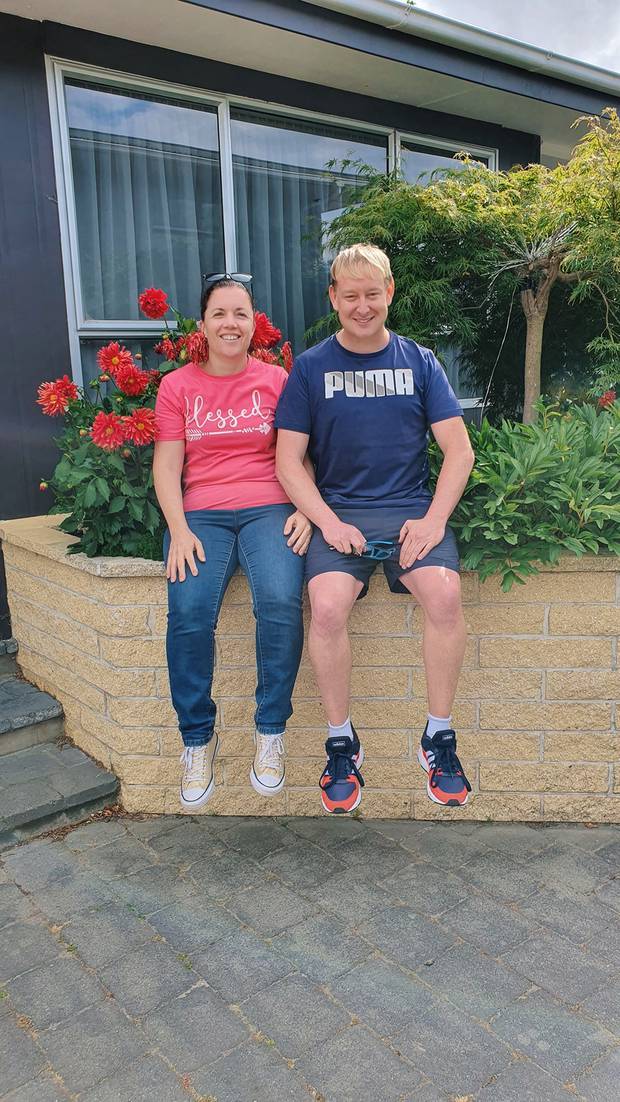
"What's that bloody thing on your face? You need to get that thing checked. It looks a bit off".
That thing turned out to be skin cancer. And straight-talking Lynch, a Newstalk ZB host, might've saved his friend's life.

"I said to her, 'That thing on your face looks like a cancer'."
Matheson told the Herald she'd seen her doctor about the spot, which looked like a small scab with odd shading around it, a few months earlier. She was given a cream and told to come back if it didn't clear the spot up.
The spot remained, but the 37-year-old didn't return to her doctor.
"I have three kids so I hadn't got around to going back."
Matheson told Lynch the spot was "all good", but he was so worried he sent a photo to his dermatologist friend Dr Ken Macdonald, Lynch said.
"He said it was some kind of dodgy cancerous thing, I can't remember the name, and that when she goes back to Australia to get it cut out."

She was grateful her friend - whom she'd known all her life after their mothers met during long weeks staying in hospital after both gave birth prematurely - had chosen to speak up.
"He was gutsy enough to say something and he was very serious and firm about it."
The friends were sharing the story in the hope others would get the message that any skin changes should be checked out as soon as possible.
Matheson is a lovely person and he was so relieved she was okay, Lynch said.
The broadcaster was about to fly to the Gold Coast when Matheson texted to say the spot had turned out to be cancerous.
"I had a bit of a cry on the plane, just thinking, 'Thank God' [I said something]."

"If it has just come up as a scab then obviously everybody gets these all time, and so you give things a little time and see if they settle down. But if there are features ... abnormal pigment or colour, or a collection of blood vessels which are unusual, then it's better to have it looked at.
"Most skin cancers, including melanoma, are diagnosed early and that's really what all the publicity is about - get in early and have someone look at [it] who can make a diagnosis."













